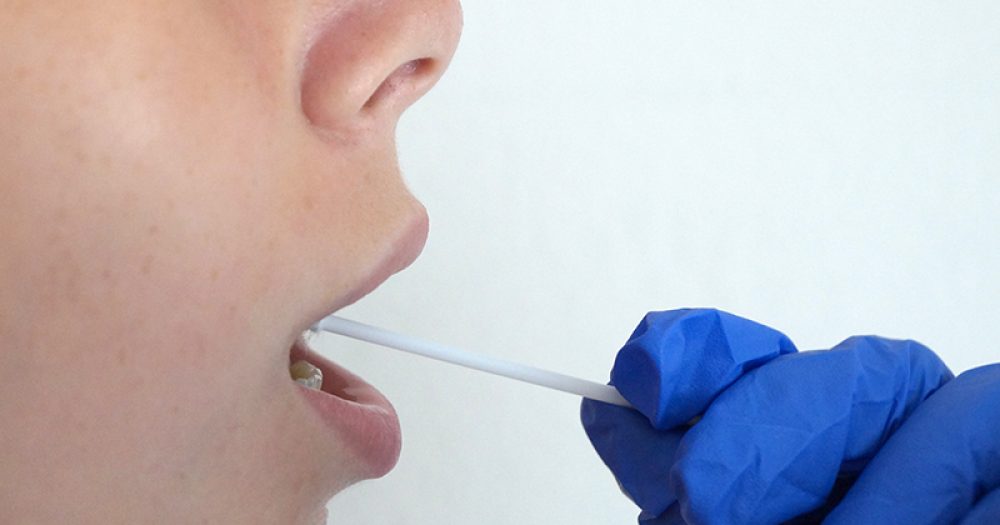The Covid pandemic has impacted us all, but some of the hardest hit were schoolchildren. And while there’s plenty of anecdotal evidence from pupils, parents and teachers who experienced the challenges first-hand, we may not know the full implications for young people for many years.
To support the pandemic response and recovery, and in an effort to provide the UK government with the most accurate information available, our Schools Infection Survey (SIS) was formed as a partnership between the London School of Hygiene & Tropical Medicine (LSHTM), the UK Health Security Agency (UKHSA, then Public Health England) and the Office for National Statistics (ONS). The study was funded by the Department for Health and Social Care.
We explored factors such as infection rates, antibody prevalence, mitigation measures, mental health and long Covid in schoolchildren, collecting data from them, their parents and headteachers.
Mitigation and response
We conducted surveys that allowed us to ascertain that our headteachers were taking ventilation and mask use seriously. And these surveys also meant we could investigate how mitigation measures implemented in schools were received. For instance, many schools were struggling with maintaining air flow in classrooms during the colder winter months, so we used our headteacher questionnaires to explore their experience of monitoring carbon dioxide to help balance ventilation with sufficient warmth.
One headteacher participating in the SIS project told us a key challenge he and many in his position faced was in communicating the need for preventative measures to parents who wanted to ‘return to normal’. “There was a lack of understanding,” explained our participant, “that we were […] trying to do our best to keep everyone safe.”
Infection rates
Meanwhile, with access to the world-leading UKHSA labs, we were able to measure antibodies in young people’s saliva samples, which allowed us to uncover key trends in schools. For example, by February 2022 nearly all children age 11 and above involved in the study had antibodies against Covid as a result of both natural infection and vaccination. In comparison, only 60 per cent of children age five to 11 had antibodies, mostly from natural infection. At this stage, children under 11 had not been offered the vaccine.
It was crucial information like this – combined with national data from the pupil school census, vaccination levels and other Covid surveillance – that helped schools stay open in 2022 and informed the decision to offer younger children the jab.
The pandemic’s long tail
Our survey responses also increased our understanding of the risks of long Covid among school-aged children and its impact on their wellbeing and mental health. We hope this information can continue to build our knowledge of how long Covid manifests and how best to support those children suffering from it, both in terms of their health and as a result of being away from the classroom for so long.
One of our most poignant statistics is that over half of secondary school students reported ‘struggling with motivation’ as the main barrier to learning at home. This shows the importance of face-to-face learning, not just for their educational progress, but their health and wellbeing.
Overall, the SIS project has not just influenced how the UK responded to the pandemic to protect school children and staff, and it will inform future best practices too. There is still a lot to learn to help future pandemic preparedness, and current and future analyses of the SIS data will provide additional insight.
For that, the SIS team would like to thank schools, their staff, children and families for their support and contribution to one of the largest collective surveys globally. No one wants to think of another deadly outbreak, but emerging diseases are a risk we have to live with and there is no doubt that you have contributed not only to our recovery and resilience, but to framing insights and support for the future.
For now, let’s make sure we don’t forget the lessons: schools are vital to communicating with communities, and mitigation is vital to keeping schools open and doing what they do best.
















Your thoughts